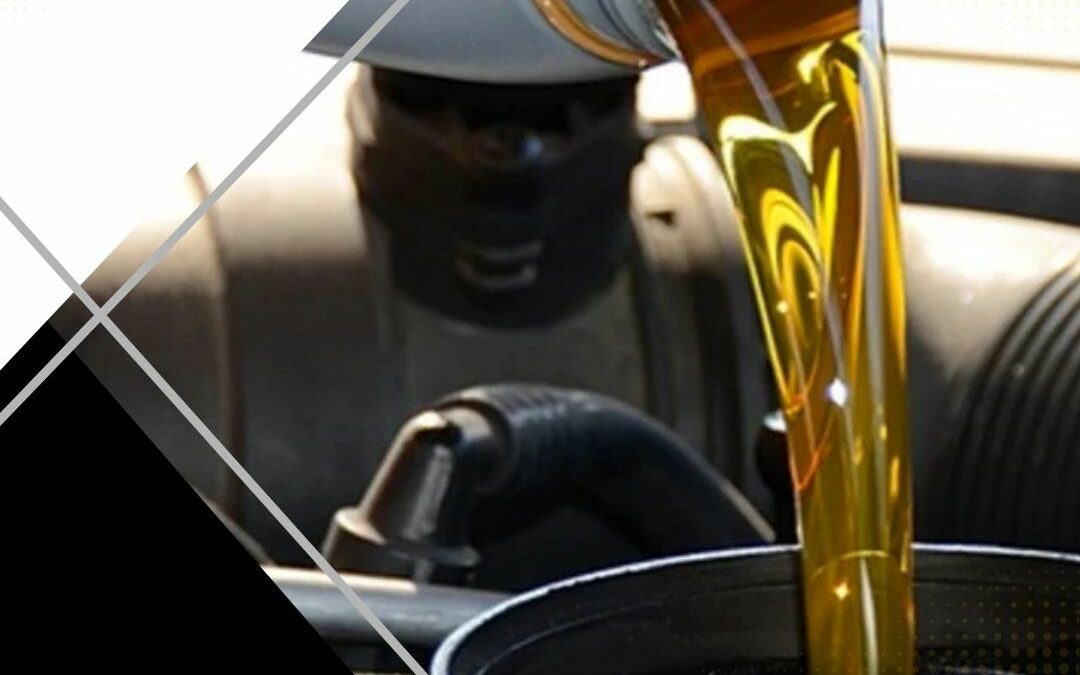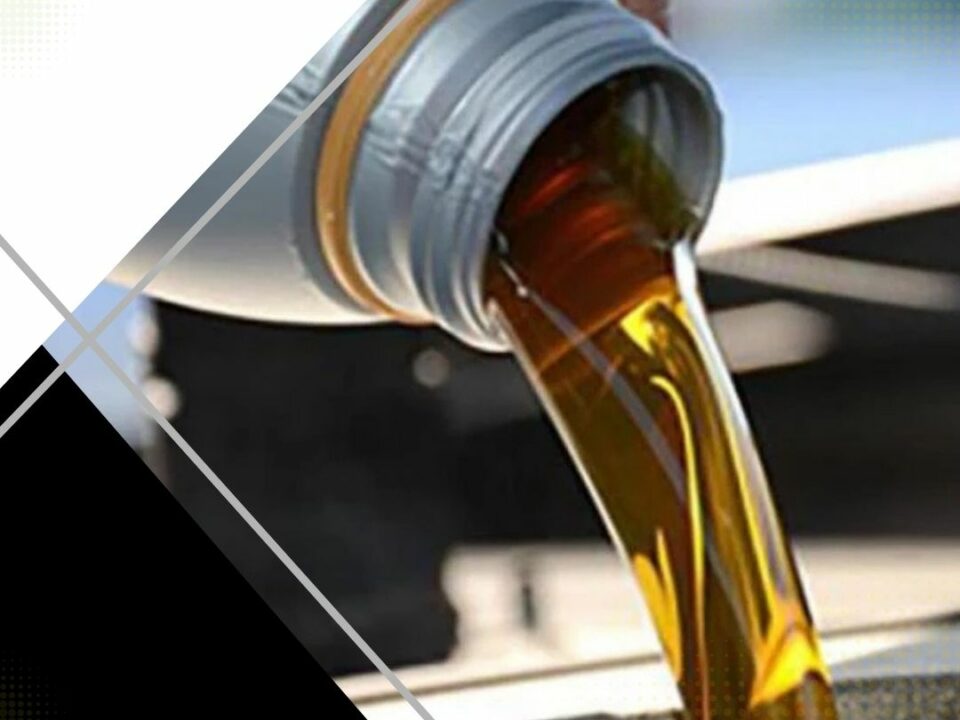
Oil Change Essentials: Types of Oil and What They Mean for Your Vehicle
May 31, 2025
Expert Tips on Selecting the Best Oil Type for Your Seasonal Oil Change
May 31, 2025When was your last oil change? If you’re unsure—or if your dashboard light just turned on—it might be time to consider more than just topping off the tank. Not all oils are created equal, and the type you use plays a major role in how often you’ll need service and how long your engine will stay healthy. Understanding oil types can save you from costly repairs and keep your vehicle running smoothly.
Comparing Oil Types: What’s Under the Hood?
Let’s break down the most common oil types and how they affect your engine and oil change frequency:
- Conventional Oil: This standard oil is derived from crude petroleum and is typically used in older or low-mileage vehicles. It’s affordable but needs changing more frequently—usually every 3,000 to 5,000 miles. Over time, conventional oil breaks down faster, especially in high-stress driving conditions.
- Synthetic Oil: Made in a lab with fewer impurities, synthetic oil is designed for peak performance. It lasts longer—up to 7,500 to 10,000 miles between changes—and resists sludge buildup, extreme temperatures, and engine stress. It’s a favorite for newer models and high-performance vehicles.
- Synthetic Blend Oil: This is a mix of conventional and synthetic oils, offering better longevity and engine protection than traditional oil but at a more affordable price than full synthetic. Expect oil changes around every 5,000 to 7,500 miles.
- High-Mileage Oil: Formulated with additives that condition seals and reduce leaks, this type is perfect for engines with over 75,000 miles. While the oil change frequency is similar to conventional oil, it provides added benefits for aging engines.
Oil Choices = Engine Longevity
Using the right oil not only extends the time between oil changes but also helps reduce engine wear, improve fuel efficiency, and prevent sludge buildup. For example, synthetic oil’s ability to resist breakdown ensures consistent lubrication, even during extreme weather or stop-and-go traffic. Meanwhile, high-mileage oils combat the wear and tear of older engines, helping them run stronger for longer.
Drive Smarter, Not Harder
Your engine is the heart of your vehicle—and oil is its lifeblood. Choosing the right type of oil and staying on top of your oil change schedule makes all the difference. Whether you’re a daily commuter or a weekend adventurer, be proactive. Consult your vehicle manual or talk to a trusted mechanic to find the oil that matches your car’s needs. A well-lubricated engine is a happy engine—keep it that way.
READ MORE:
Expert Tips on Selecting the Best Oil Type for Your Seasonal Oil Change
Oil Change Essentials: Types of Oil and What They Mean for Your Vehicle




